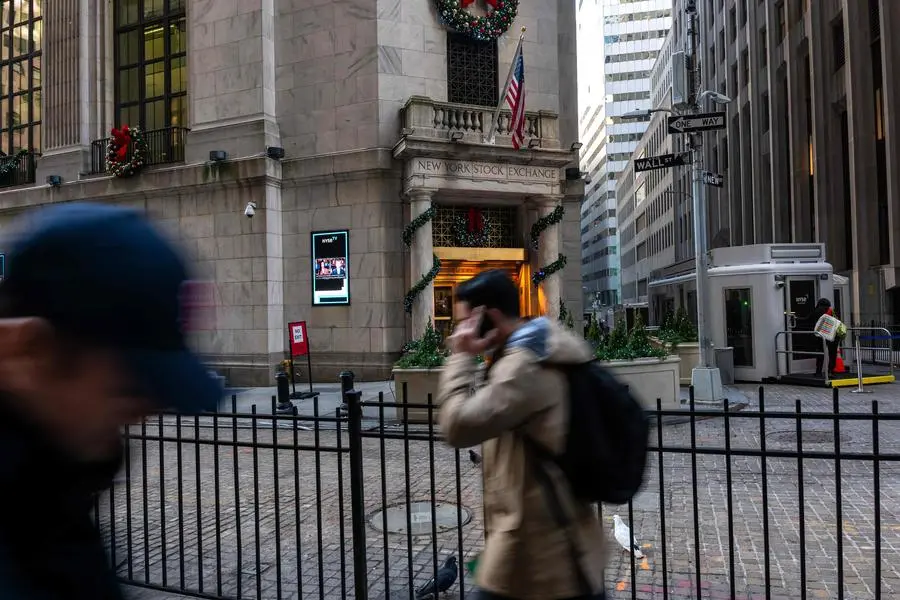PHOTO
The Federal Reserve's preferred inflation measure rose for a second straight month in November according to government data published Friday, although the increase came in a touch below expectations.
The personal consumption expenditures (PCE) price index rose 2.4 percent in the 12 months to November, up from 2.3 percent in October, and 2.1 percent in September, the Commerce Department said in a statement.
However, headline prices rose just 0.1 percent from October, pointing to a slight slowdown in what is sure to be welcome news for the US central bank.
This was slightly below the median forecasts from economists surveyed by Dow Jones Newswires and The Wall Street Journal.
On Wednesday, the Fed cut interest rates by a quarter point and signaled a slower pace of cuts ahead, triggering a sharp sell-off in the financial markets.
The independent US central bank is responsible for tackling inflation and unemployment, largely by hiking or lowering interest rates to affect demand.
This indirectly impacts the cost of borrowing for consumers and businesses, affecting everything from mortgages to car loans.
Excluding the volatile food and energy segments, the core PCE price index was up 2.8 percent from a year earlier, and by 0.1 percent from a month earlier.
Both figures were slightly below expectations.





















